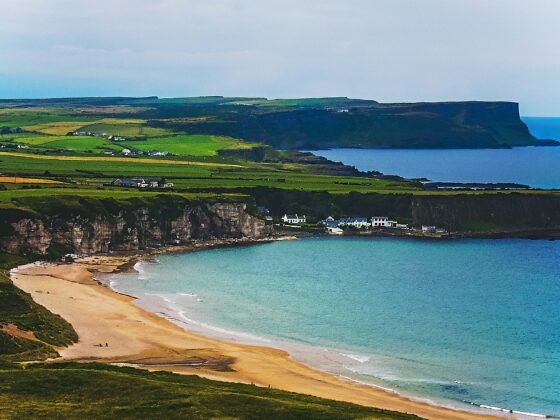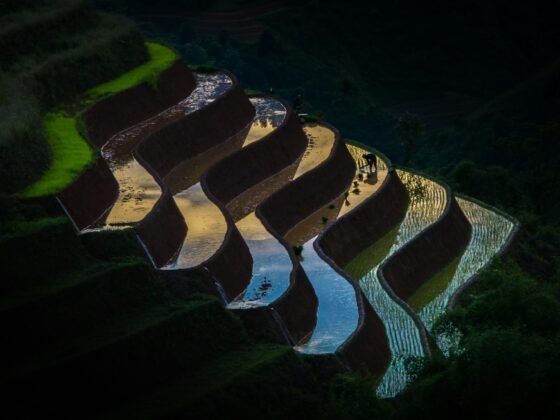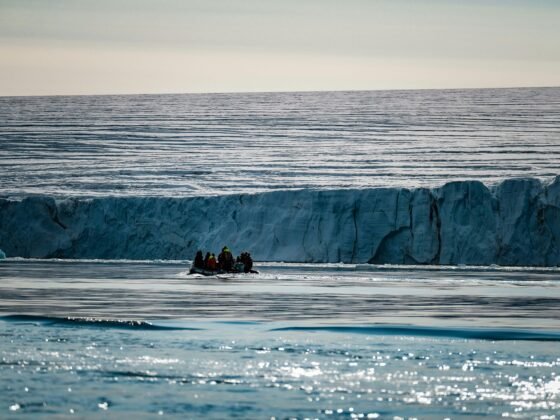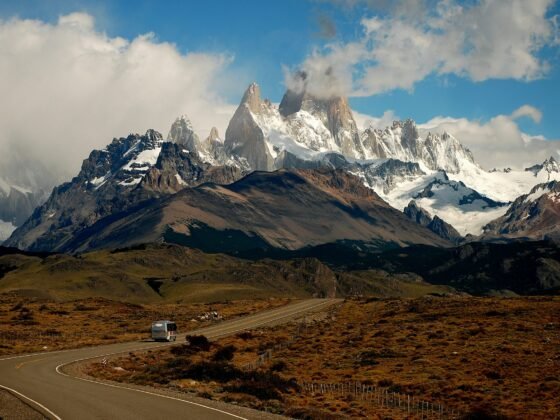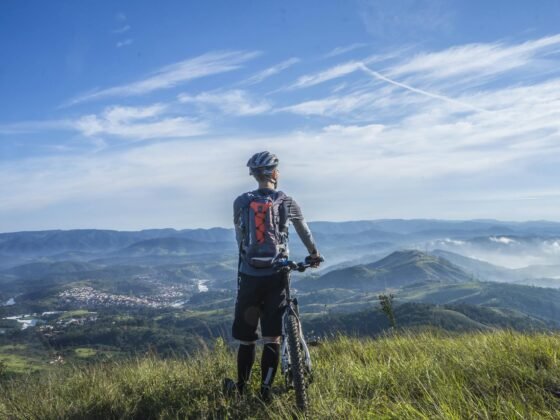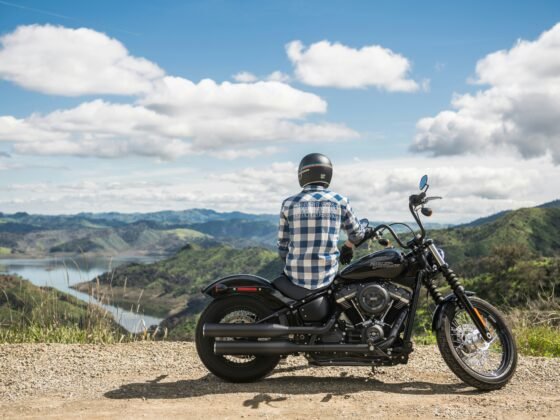Original Travel Writing on PureTravel – this piece is written by C. Kenyon and tells of a traumatic journey to Juba in Sudan:
It was 4th March 1983. For four days we had travelled up the White Nile from Khartoum, watching dawn rise over the Sudd as herds of elephants wandered across the horizon and hippos floated around in lazy pods; passing Dinka cattle camps while disgruntled crocodiles, basking in the sun, were tumbled off the banks by the boat’s wake. It was magical and seemed to me not somewhere new but somewhere I had always known.
The passengers, an eclectic mix of young back packers, expatriate wives on a rare adventure, Arab merchants and global eccentrics, made for interesting company. We ate well from a small kitchen with no fridge. I only discovered on day three how the cook kept his meat fresh when I went to the back of the boat as a live goat was being brought out on deck. The end was quick and the meal was delicious.
The peacefulness of those days, as we sliced slowly through the water, ended abruptly when we arrived in Juba. There was a buzzing mass of expectant humanity, worthy of the opening of an epic movie. People were rushing back and forth off-loading bags, boxes and each other. Dust and voices rose. At the edge of the crowd, straddled on a motor bike, was a white man who looked as if he was waiting for something. Whatever it was, it clearly didn’t arrive because he kick-started his engine and rode away. I didn’t know then that I had just seen the person who would save my life.
Two weeks later I woke up on the floor and opened my eyes. I closed them and opened them, then closed them again (yes, it really happens like that). I hadn’t expected to be alive. Was I? I was aware of people moving and talking around me in hushed and worried tones. I could see Ken sitting on a chair, above and to my right, holding his bandaged head in his hands. I looked down and thought “why have they put a red blanket over me? This is Sudan. It’s a hot country”. But it wasn’t a blanket; it was a sheet stained red with my blood. Someone said “she’s awake” and a head loomed over me.
The last thing I remember about the crash was another motorbike heading towards us at speed, as Ken and I rounded the corner on the only tarmac road in Juba. We were about to pass a lorry travelling in the opposite direction. I remember thinking as the distance between us shrank rapidly “he’s going to hit us. There’s nowhere to go. This is it.” I thought I was going to die; the letters B-E-D-F-O-R-D emblazoned across the front of the cab spelling out the last word that I would ever read. I felt completely calm, then nothing.
The next few hours were a morphine-induced blur. Dave, the guy on the bike at the dock and Ken’s room-mate, bribed a border guard at Juba airport with a fridge and got me out of the country and on my way to Nairobi on the next available plane. We had met a few days after I arrived in Juba and became friends. I’d spent a happy time hurtling about with them on their motorbikes, swimming in the Nile and fishing for perch before it all came to a sudden end. The lorry had stopped an inch short of my spine; it had to be reversed before I could be lifted off the road. My pelvis was broken in four places; I was badly injured and it was a race against time to get me to a hospital before I bled to death.
Dave and I met again ten years later, in London. What do you say to someone who’s saved your life? I told him about university and my future plans, knowing that there would have been none if he hadn’t done what he’d done. It was a miracle I survived. I thanked him.
The journey on the Nile that I did in March 1983 became impossible later that year and has remained so ever since, as civil war has raged across Sudan. Instead of crocodiles and hippos, desperate refugees now cross the Nile at night at Bor. What happened to the man who passed me one morning, smoking a pipe and wearing nothing but a loose robe, who smiled at me and said “Jambo”? The world I saw has disappeared but its mark on me is indelible.






